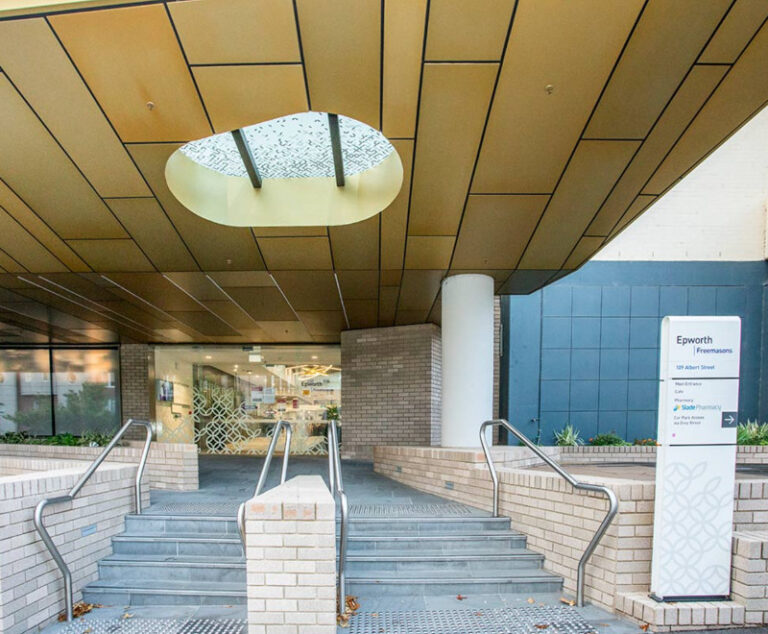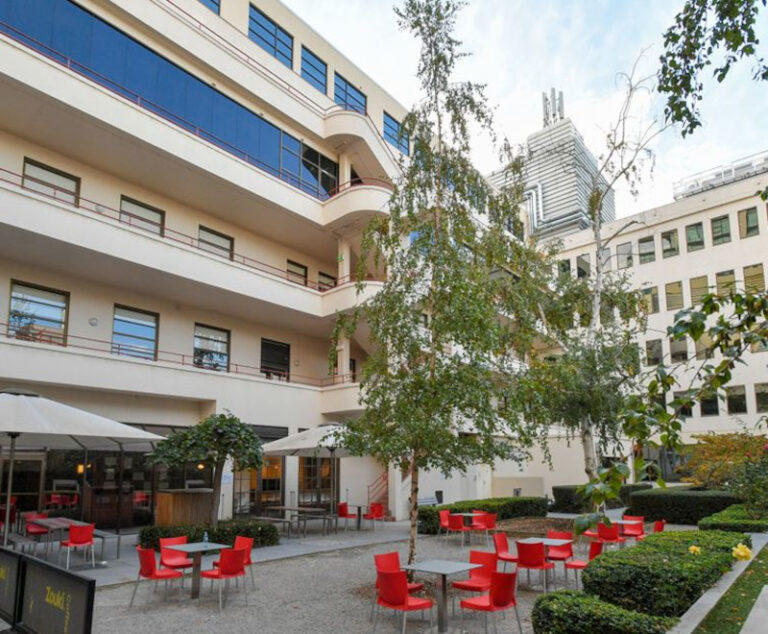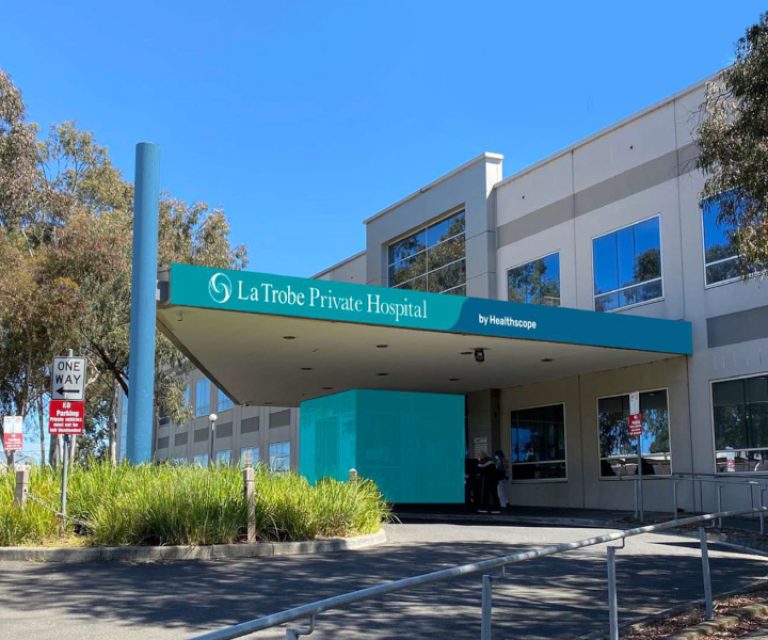Patient Information
This page provides essential information to help you prepare for your surgical care with Dr Rodrigo Teixeira (FRACS). It includes details about hospital care, preparation, and recovery. Our aim is to ensure you feel informed, supported, and confident at every stage of your surgical experience.

Before Your Surgery
Preparation is an important part of achieving a safe and comfortable surgical experience. In the weeks before surgery, you may be advised to stop smoking, avoid alcohol, and discontinue medications or supplements that affect healing. Plan time off work, arrange transport, and organise home support for recovery.
Detailed pre-operative instructions are provided after your surgical plan is confirmed. These outline fasting, medication guidelines, and wound care instructions. For further details, visit our Consultation Process page.

Making a Confident and Informed Decision
Choosing to undergo plastic surgery is a personal decision that should be made with clarity and confidence. We empower all patients to understand their motivations, potential benefits, and limitations before proceeding. Surgery should always be performed by a Specialist Surgeon (FRACS) in an accredited hospital, where safety and continuity of care are prioritised.
Understanding Specialist Plastic Surgery Qualifications
Choosing a qualified surgeon is one of the most important steps in your surgical journey. In Australia, only doctors registered as Specialist Plastic Surgeons with the Australian Health Practitioner Regulation Agency (AHPRA) and the Royal Australasian College of Surgeons (RACS) have completed accredited training in plastic and reconstructive surgery. These qualifications reflect rigorous education, supervised experience, and peer-reviewed assessment.
You can view or download the ASAPS “Know the Difference” Infographic (PDF) for a visual overview of these standards, or learn more from trusted professional organisations:
Checklist for Choosing the Right Surgeon
Confirm your surgeon holds FRACS (Plastic Surgery) qualifications.
Ensure procedures are performed in a licensed hospital with accredited anaesthetists.
Discuss risks, recovery, and costs in detail.
Allow enough time to decide and understand AHPRA cooling-off requirements.
Review all written information and consent forms carefully.


Subscribe To Our Newsletter
For all the latest updates on all our surgical procedures and more information on everything you need to know to keep yourself informed and safe, subscribe to our newsletter..
Hospital Admission and Discharge
All operations are performed in accredited hospitals with registered nursing staff and qualified anaesthetists. You will receive admission details, fasting instructions, and information on what to bring to hospital.
Some procedures may require an overnight stay, while others are performed as day surgery. You will also receive written aftercare instructions and direct contact information for postoperative support.

216 Burgundy Street
Heidelberg VIC 3084

109 Albert Street
East Melbourne VIC 3002

159 Grey Street
East Melbourne VIC 3002

920 Plenty Road
Bundoora VIC 3083
Recovery and Support
Recovery varies for each individual and procedure. You will receive written aftercare instructions outlining wound care, medications, and activity guidelines.
Follow-up appointments with Dr Teixeira and his clinical team ensure that your recovery is monitored closely. Optional scar management and recovery treatments are available at Unveil Aesthetics when clinically appropriate.
Financial Information
Consultation and procedure costs vary according to treatment type and hospital requirements. Some reconstructive or medically indicated procedures may attract Medicare or private health rebates, while cosmetic procedures do not. Detailed cost estimates are provided after consultation. For more information, visit our Pricing page.
Things to Know Before Surgery Overseas
If you are considering travelling for surgery, be aware that medical standards, infection control, and follow-up care vary between countries. Limited postoperative care and differing regulations can increase the risk of complications. Learn more in our blog about what you should consider before having surgery overseas.